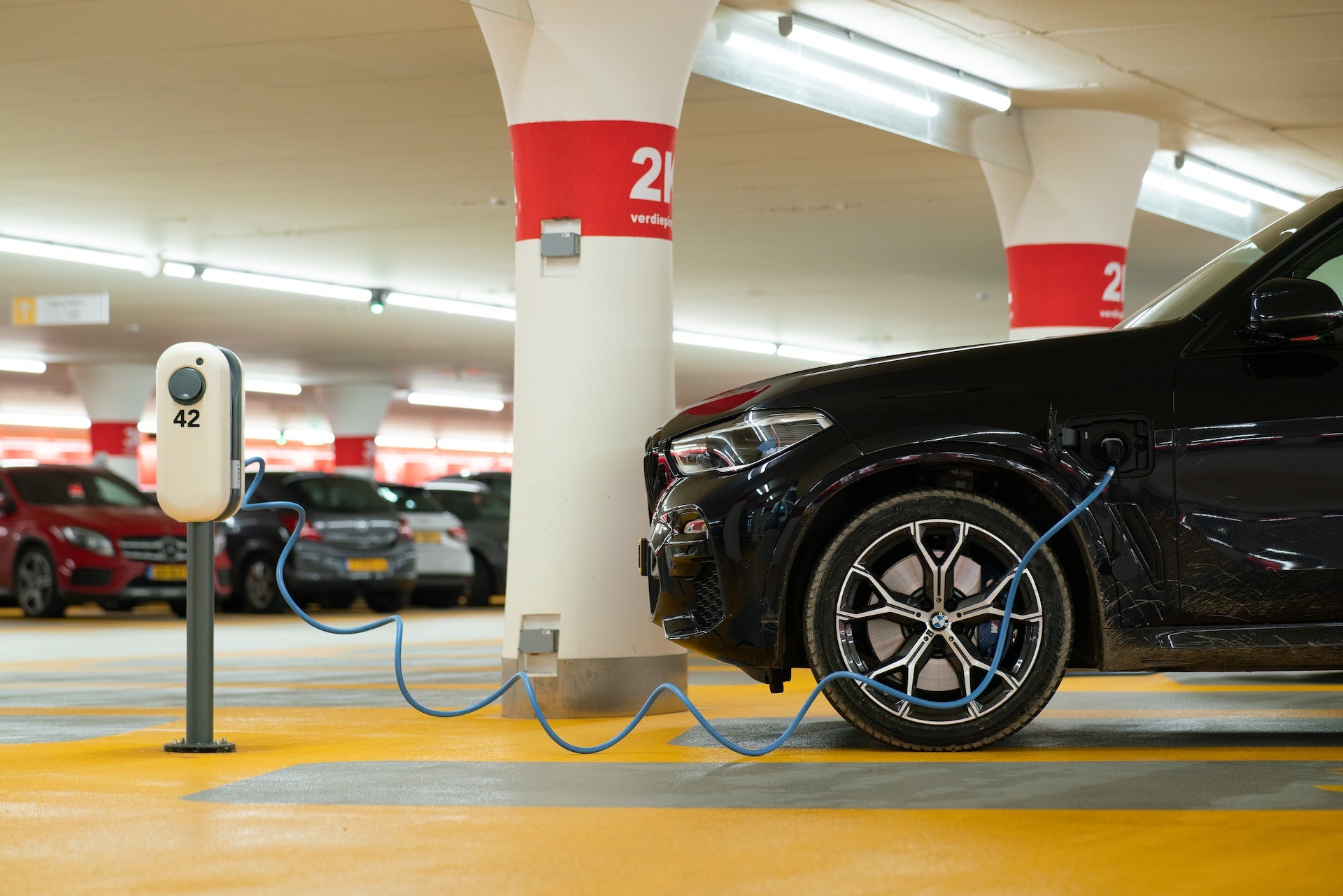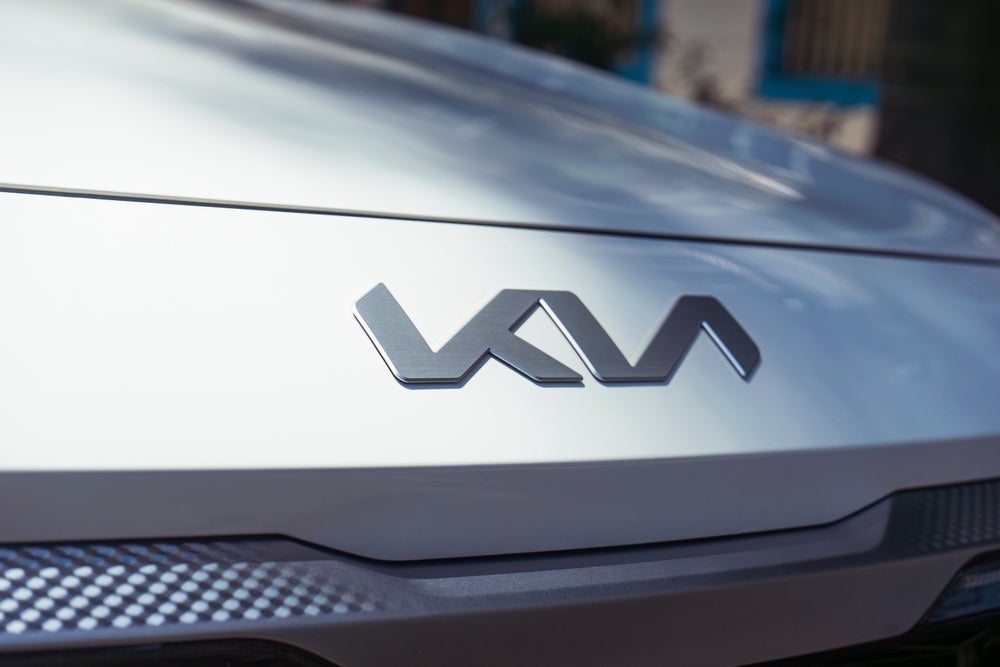
The electric vehicle (EV) has been a great brand leveller. Previous challenger brands like Hyundai and Kia are now rightly seen as leaders in electric mobility, going head-to-head with the best that Audi, Mercedes, BMW and Tesla have to offer. That would have been unthinkable just five years ago.
But while the blistering pace available from an EV’s torque-rich powertrain is often cited as one of its most appealing qualities, performance is not necessarily the same thing as ‘character’. For some, the inevitable decline of internal combustion and the high-revving engines that have stirred the soul for decades is something to be lamented.
Of course, development teams at car brands, particularly those with a performance focus, are well aware of this and are determined to address the EV challenge head-on.
Three decades in F1 and other cutting-edge motorsport has given McLaren Applied a unique insight into all forms of propulsion, and we like to describe this stage in which our customers now find themselves as the latest ‘wave’ of electrification.
The first wave involved early pioneers of technology, inevitably characterised by Elon Musk putting a few laptop batteries into the back of a Lotus Elise in 2008. The second wave saw EVs breakthrough into public consciousness, as legislators demanded reduced emissions and public interest and confidence in the technology increased.
This culminated in the first EVs that were comparable in range and performance to ICE cars, such as the Jaguar I-PACE and Mercedes EQC. A breakthrough moment, but not the tipping point.
We’re now facing the third and fourth waves of automotive electrification, which will take us into an era of mobility in which EVs dominate. This is where carmakers will prioritise developing super-efficient EVs which align with the driver experience they want to deliver and their brand ethos.
The immediate focus must be on achieving greater drivetrain efficiency, and this is what we see defining the third wave. The competitive landscape is ramping up significantly now that all manufacturers have established their product entry points.
Models based on dedicated 800V architectures are leading the way, driving what we call the virtuous cycle. An efficient drivetrain inherently has a smaller battery, which makes the vehicle cheaper, lighter, and easier to control, and offers a smaller carbon footprint in terms of raw materials. It also increases the range and speeds up charge times, building trust in the technology.
The fourth wave will be defined by driver experience. More electric models on the market mean a greater need for differentiation, especially with mass-market brands already stealing a march on sports marques.
Today, you can buy a compact EV that accelerates faster than a Lamborghini, which may be great fun at the lights but not necessarily for building that all-important ‘character’ and driver engagement. Character doesn’t just relate to high-performance EVs – it can also define soft-start and soft-stop capabilities for commercial vehicles carrying fragile goods.
We believe that differentiating the driver experience through the application of drivetrain hardware and software will be crucial. Through advanced inverter technology and software for fine motor control, engineers can start programming different characteristics into vehicles, delivering the most appropriate driver experience for their brand and type of car.
Another factor is refinement – through fine motor control we can avoid unpleasant excitation frequencies in the motor, for a more refined drive. The Porsche Taycan is rightly seen as a benchmark EV, and it drives better than most because of the way it exerts control over its electric drive motors.
The fourth wave heralds a shift in how we define driver experience – the importance of which shouldn’t be underestimated. People should still be offered an opportunity to ‘enjoy’ driving their cars. Progressive technology certainly doesn’t have to be boring, and based on the conversations we’re having with car makers, the next generation of EVs is likely to be more pleasurable to drive than ever before.
EV range anxiety for long trips ‘unwarranted,’ says Fleet Evolution boss







